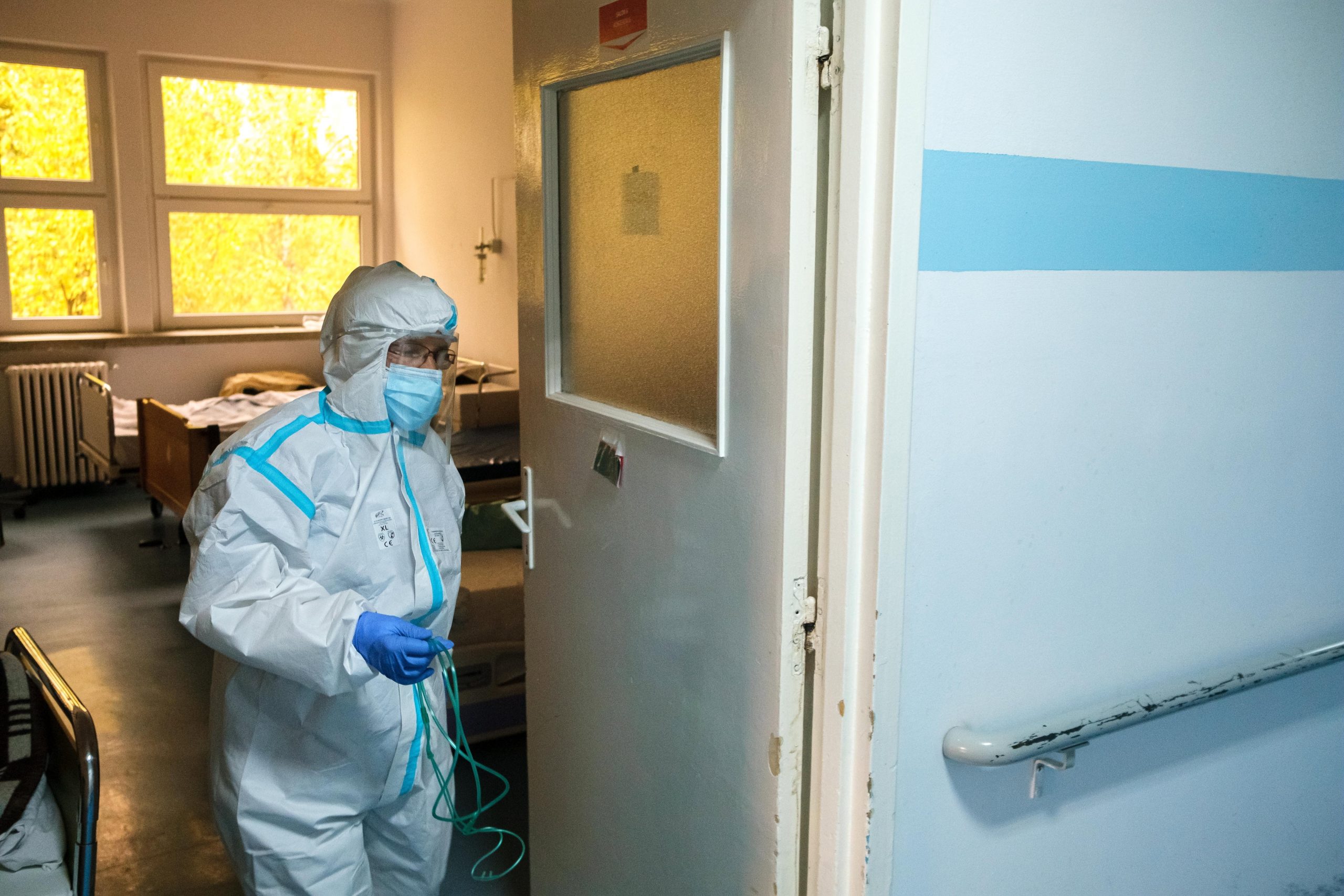
"People can only be expected to behave according to the weight of the situation if they are aware of the weight of the situation," according to Tamás Ferenci.Continue reading

The Hungarian Medical Chamber has published its demands in 12-points, in which it calls for, among other things, the “depoliticization” of the healthcare system, the wage increase of professionals in the sector, and a comprehensive publication of epidemiological data. Immediate dialogue, urgent negotiations, and action are needed to achieve this. This is not the first desperate cry for help from doctors and nurses during the epidemic.
This article was originally published on our sister-site, Ungarn Heute.
The fragmented and inefficient Hungarian healthcare system, which was already in very difficult circumstances before the epidemic, has now entered an even more difficult phase, as the new law on employee status and the COVID-19 pandemic have put the healthcare sector under double pressure, according to a press release recently issued by the Hungarian Medical Chamber.
“The law establishing the civil service, with its military approach, which is alien to the health sector, has only tightened the employment relationship and affected the management of the institution, but has not modernized the structure and functioning of the health system. This has led to problems of manpower supply and sustainability, despite significant increases in the basic salaries of doctors,” the statement continues, also claiming that the salaries of other professionals have not been sufficiently increased, which has further exacerbated tensions within the healthcare system. The document goes on to emphasize that:
The rise in corona caseloads has placed increasing strain on the system of care from time to time. Care has been hampered by delayed and inconsistent measures, protocols, and lack of data publication. Similarly, the aging system of general practice has been disproportionately burdened with epidemiologic tasks. As a result, the role of the private sector has greatly increased.”
In order to be able to maintain the functioning of the healthcare system and improve the quality of care, the organization proposes the following 12 points:
As we have reported several times, during the epidemic, the government has been criticized by several health organizations for not making epidemiological data available to the professional community. They even argued that some of it should be made available to a wider public so that people could assess the extent of the epidemic. Withholding data on the coronavirus is “downright life-threatening,” Tamás Ferenci, a biostatistician and associate professor at the University of Óbuda, went so far to say. In a recent opinion piece published on his website, he drew attention to the shortcomings and inconsistencies in the reporting of epidemiological data in Hungary.
A few days ago, we also wrote about the fact that a total of 28,600 employees left the Hungarian social and healthcare system last year, of which almost 17,000 left the latter alone. According to the president of the independent healthcare trade union, the shortage of staff is even endangering patient care.
Source: Hungarian Medical Chamber
Featured image via Attila Balázs/MTI